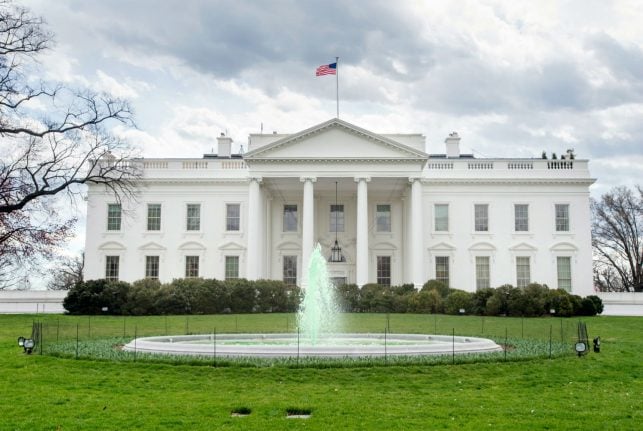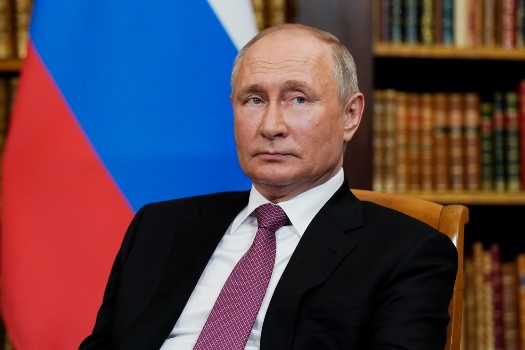The magazine said it had seen documents showing that the intelligence service, the BND, had a list of some 4,000 so-called selector keywords for surveillance between 1998 and 2006.
These included telephone or fax numbers, as well as email addresses at the White House as well as the US finance and foreign ministries.
SEE ALSO: German politicians argue over whether to spy on children
Other monitoring targets ranged from military institutions including the US Air Force or the Marine Corps, space agency NASA to civic group Human Rights Watch.
Hundreds of foreign embassies as well as international organisation like the International Monetary Fund were not spared, Spiegel said.
The BND declined comment in the Spiegel report.
Germany had reacted with outrage when information leaked by former NSA contractor Edward Snowden revealed in 2013 that US agents were carrying out widespread tapping worldwide, including of Chancellor Angela Merkel's mobile phone.
Merkel, who grew up in communist East Germany where state spying on citizens was rampant, declared repeatedly that “spying among friends is not on” while acknowledging Germany's reliance on the US in security matters.
But to the great embarrassment of Germany, it later emerged that the BND helped the NSA spy on European allies.
Berlin last June approved new measures, including greater oversight, to rein in the BND following the scandal.
MUST READ: Merkel tells NSA committee she didn't know Germany spied on allies



 Please whitelist us to continue reading.
Please whitelist us to continue reading.